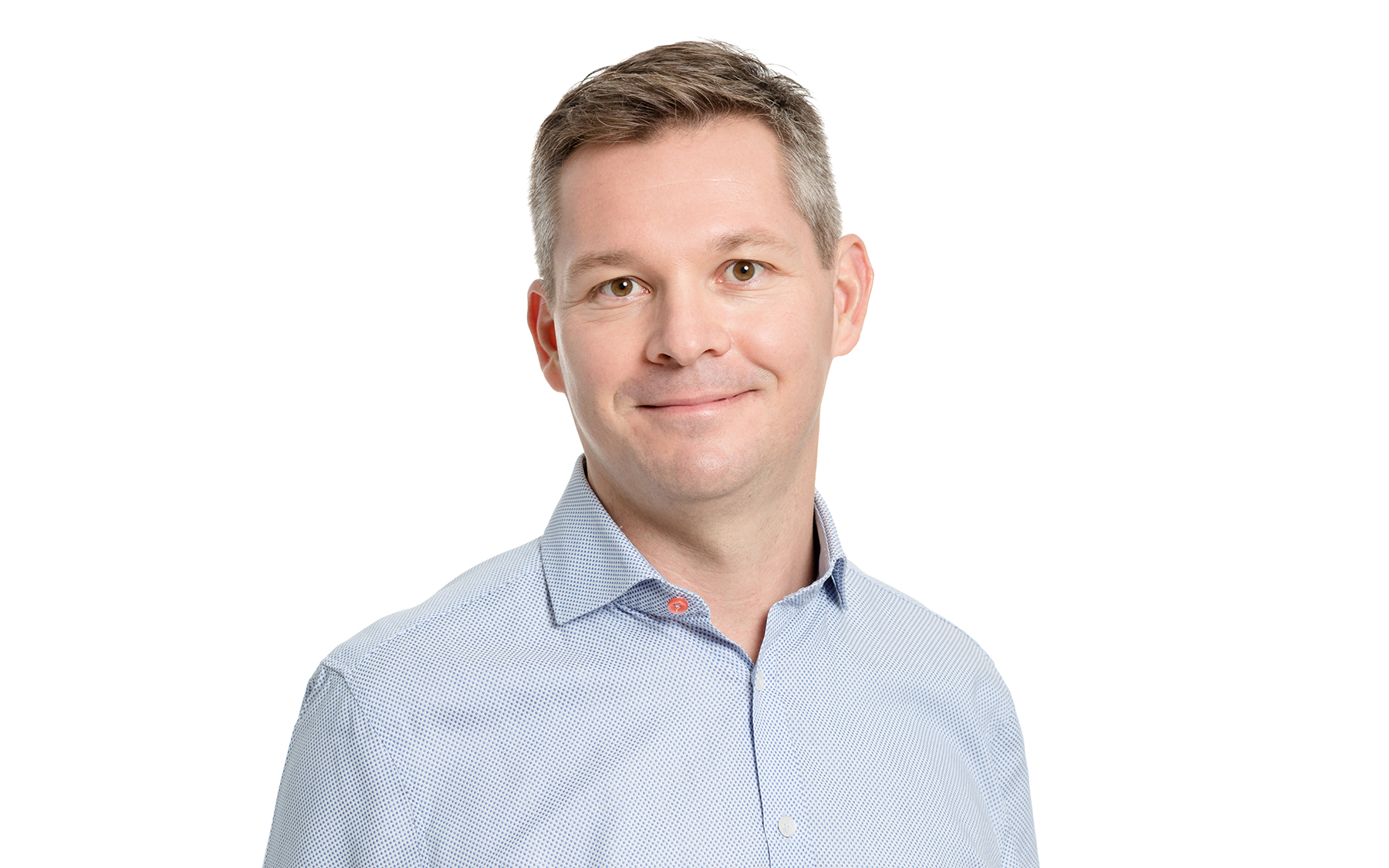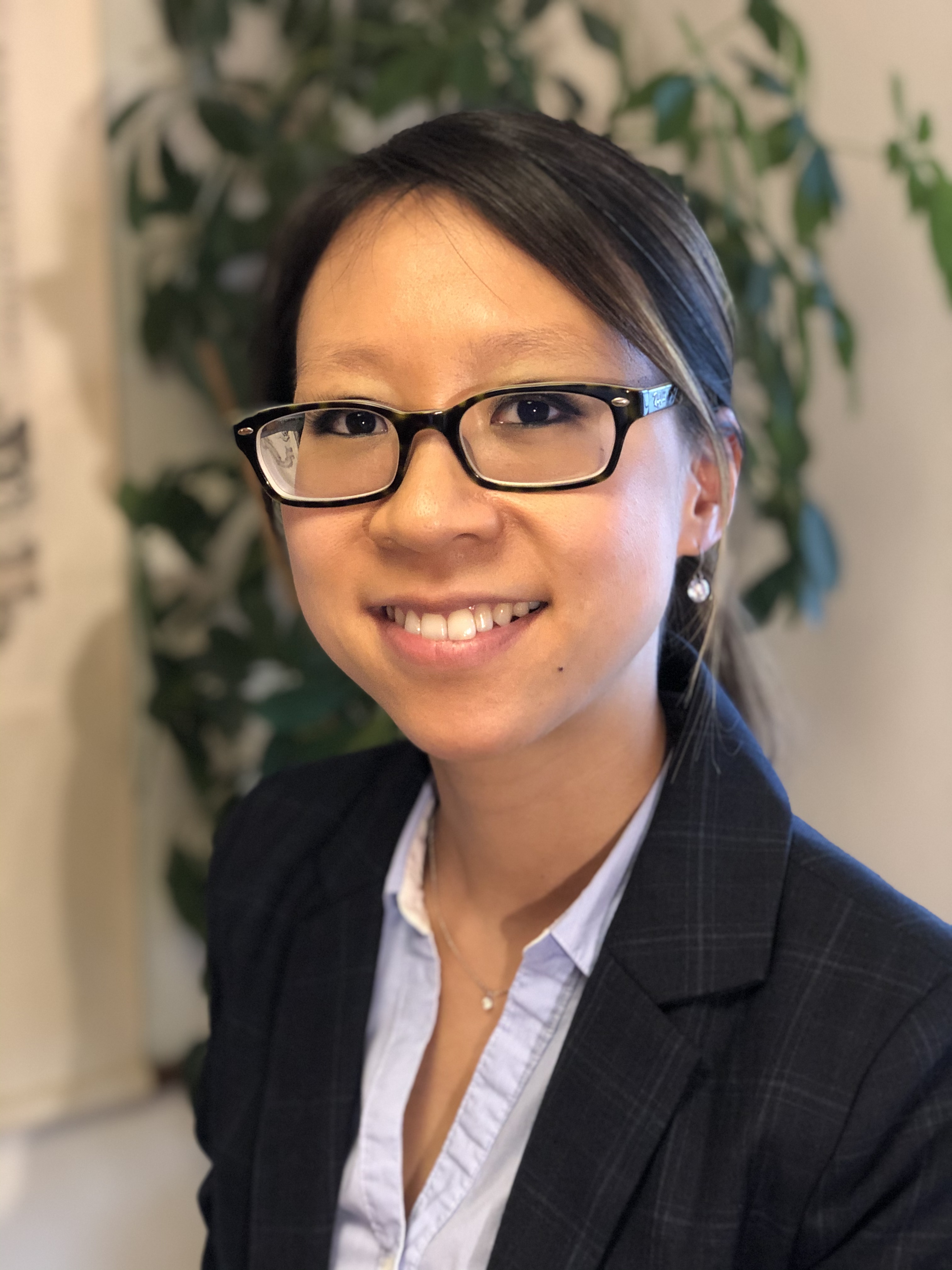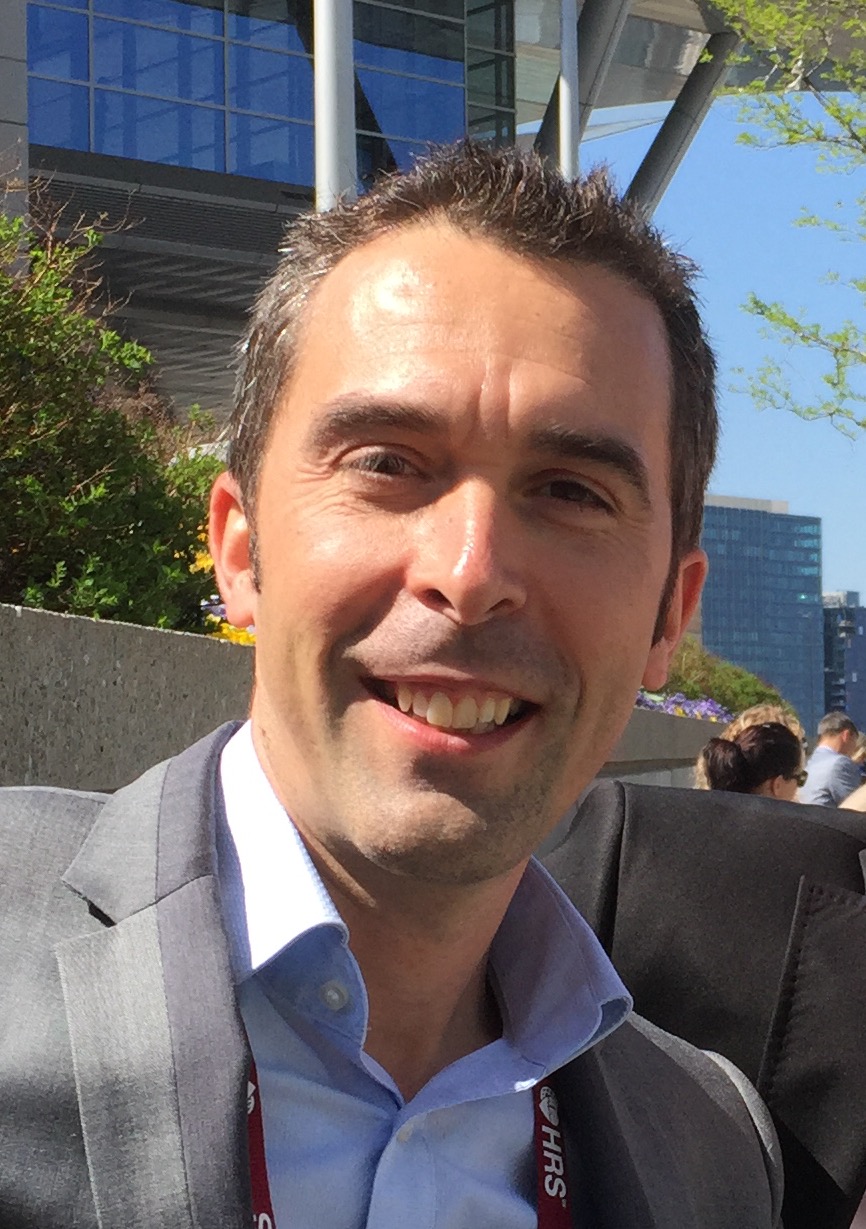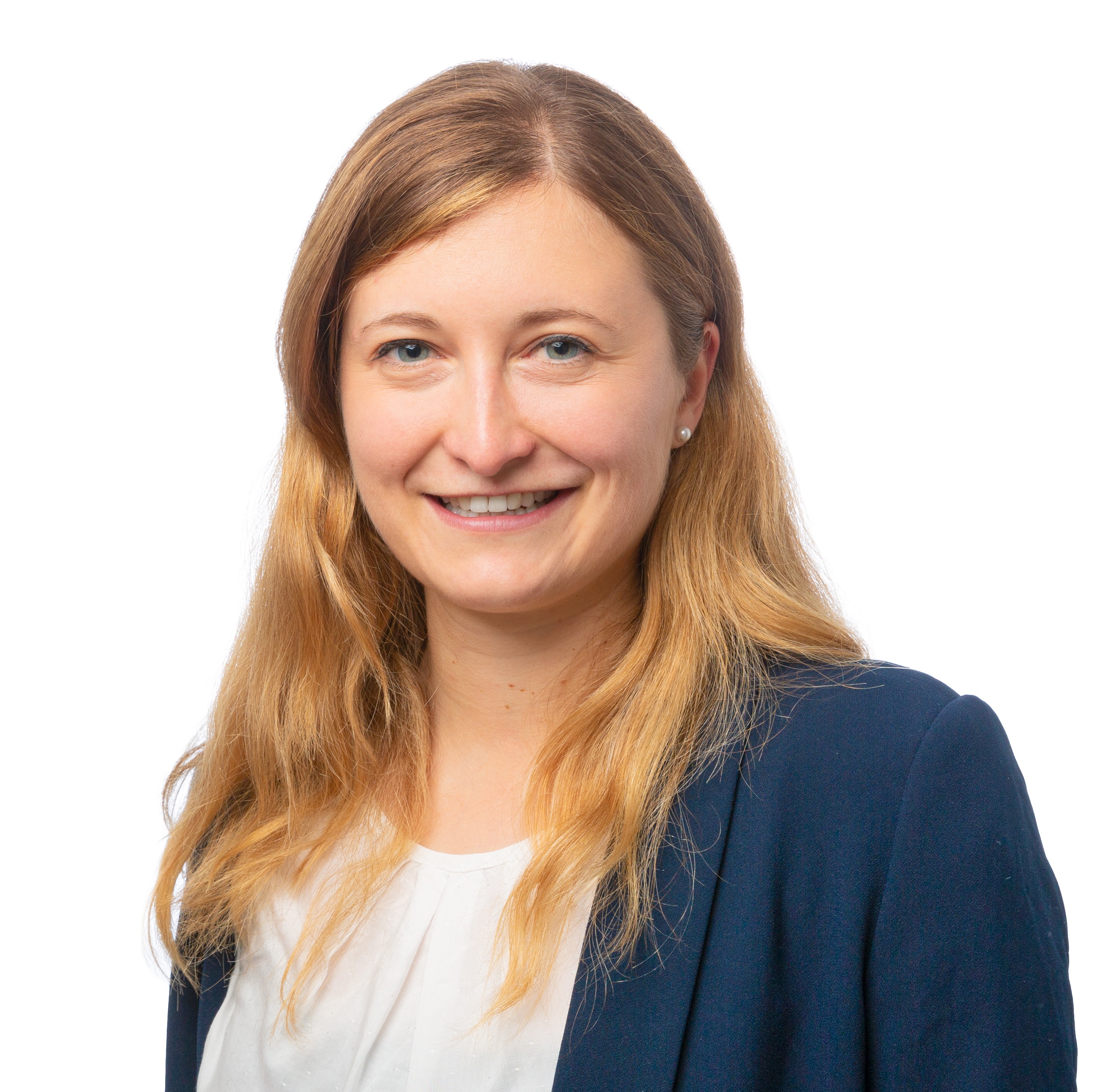Four Bernese researchers receive Pfizer Prize
This year, four of a total of fifteen Pfizer Research Prizes have been awarded to physicians from the University of Bern and the Inselspital, University Hospital Bern. The award-winning work deals with leukemia, cardiac arrhythmias and the fever threshold in children and adolescents with cancer.
The Pfizer Research Prize is one of the most important research prizes for medicine in Switzerland. It is awarded annually to outstanding young scientists who have made outstanding and pioneering contributions to laboratory or clinical research at Swiss research institutes or hospitals. The Pfizer Research Prize is awarded at the request of independent scientific committees in five fields, and the prizes are each worth 15,000 Swiss francs.
In the field of oncology, Ass. Prof. Dr. Carsten Riether of the Department for BioMedical Research (DBMR) of the University of Bern and University Clinic for Medical Oncology at Inselspital will receive the award. PD Dr. med. Jin Li, Institute of Biochemistry and Molecular Medicine (IBMM), and PD Dr. Ange Maguy, Department of Physiology at the University of Bern, will each receive the award in the fields of cardiovascular medicine, urology and nephrology. In the field of pediatrics, Dr. med. Christa König of the University Clinic of Pediatrics at Inselspital and Medical Faculty member of the University of Bern will receive an award. Prof. Dr. med. Claudio Bassetti, Dean of the Faculty of Medicine at the University of Bern: "I am very pleased about this success. The Pfizer Research Prizes are an important recognition – also for the strong commitment of our faculty to the promotion of young researchers."
Combating therapy resistance in blood cancer
Acute myeloid leukemia is a malignant disease of the hematopoietic (blood cell formation) system that occurs mainly in people over 65 and originates in leukemia stem cells. Due to naturally accompanying symptoms and a poor general condition, the affected age group often cannot be treated with intensive chemotherapy or possible stem cell transplantation. They would only be able to be treated with so-called hypomethylating agents, which are special drugs that support blood formation. However, leukemia stem cells are resistant to these substances.
Carsten Riether and his team found that the surface molecule CD70 is produced at higher levels by leukemia stem cells during treatment with hypomethylating agents. Consequently, the team determined whether it would be possible to target CD70 with an antibody and thus improve the success of treatment. Leukemia stem cells were significantly reduced as a consequence of combating CD70 with antibodies in pre-clincal models and in a phase I clinical trial. “This study has discovered a new mechanism for resistance to therapy and has facilitated the investigation of a potential treatment strategy”, Riether explains.
Stabilizing the cardiac rhythm
Every contraction of the heart muscle is preceded by electrical stimulation. For this to happen, the electrical activity must be correctly mediated by the cells of the heart. Patients with long QT syndrome have a defective ion channel, a protein on the surface of heart cells coordinating the electrical activity. The time for the heart to recharge between each heartbeat (the so-called QT time) is abnormally prolonged and puts patients at risk of life-threatening arrhythmias and sudden cardiac arrest. Currently available treatment options are nonspecific and fail to correct the underlying physiology. PD Dr. Ange Maguy and PD Dr. med. Jin Li identified an antibody targeting a specific ion channel that is able to restore the electrical stability in heart cells of a patient with long QT syndrome. “Moreover, these antibodies completely suppressed the occurrence of arrhythmias in the heart cells of a patient with long QT syndrome”, says Jin Li. “This is the first study to implement the use of antibodies for the treatment of cardiac arrhythmias”, adds Ange Maguy.
New fever threshold for children and adolescents with cancer
The most common side effect of chemotherapy in children and adolescents with cancer is fever with a temporary shortage of defending white blood cells, a condition called neutropenia (FN). FN is treated with emergency hospitalization and immediate administration of antibiotics, but it is unclear at what fever threshold this therapy must be initiated. The team around Christa König of the University Clinic of Pediatrics at Inselspital and Cécile Adam of the University Hospital of Lausanne has investigated if a higher fever threshold (ear temperature 39.0°C) is not worse for the diagnosis of FN than a lower fever threshold (38.5°C) in terms of safety. This first study worldwide on the fever threshold in FN was conducted at six Swiss pediatric oncology centers. 269 children and adolescents were involved. "Our results show that the higher fever threshold of 39.0°C is no less safe. By switching to the higher temperature, clinics can reduce overtreatment in the future," explains Christa König. This influences individual patient management and has additional public health economic implications.
About Carsten RietherProf. Dr. sc. nat. Carsten Riether obtained his PhD in Immunology at ETH Zurich in 2008 and did postdoctoral training at the Laboratory of Tumorimmunology at the Department of Clinical Research, University of Bern (2009-2014). Since 2015, Prof. Riether has led an independent research group at the Department for BioMedical Research and was appointed as associate professor at the University of Bern in 2020. Riether was awarded the Theodor Kocher Prize from the University of Bern in 2017 and received a Pfizer Research Award the same year for his work with leukemia stem cells. |
About Jin LiPD Dr. med. Jin Li studied medicine at the University of Heidelberg, Germany and completed her studies with the highest distinction (summa cum laude). She started her residency at the Department of Cardiology of the University Hospital in Heidelberg, followed by a post-doctoral fellowship at the Montreal Heart Institute in Canada. Then back to Europe, she deepened her knowledge in invasive electrophysiology at the Hospital of Wolfsburg, Germany. She then moved to Switzerland and completed her FMH specialization in cardiology in 2016. She is currently practicing at the Department of Cardiology of the Lausanne University Hospital, while leading her own research group at the University of Bern. Her research interests focus on the link between antibodies targeting ion channels and cardiac arrhythmias. Li is the recipient of an SNSF Ambizione Fellowship and has published over 20 publications to date. |
About Ange MaguyPD Dr. Ange Maguy studied Physiology and Pharmacology at the Université Paris-Sud in France where he received his PhD with summa cum laude for his work on cardiac electrophysiology. He then pursued his research activities at the Montreal Heart Institute in Canada as post-doctoral fellow and further as associate director of the electrophysiology research program. Since 2019, PD Dr. Ange Maguy is research group leader at the Institute of Physiology of the University of Bern and contributes to teaching at the Faculty of Medicine. His research focuses on deciphering the mechanisms associated with cardiac arrhythmias, in particular atrial fibrillation, and on the development of innovations in therapy. He has published 39 articles in high impact journals and his work has been the subject of over 3000 citations. |
About Christa KönigDr. med. Christa König completed her medical studies in 2014 and subsequently worked in pediatric clinics in Bern and Biel. In 2018, she started her MD-PhD with a three-month research stay in York (UK). Under the supervision of Prof. Dr. Roland Amman, she has since been conducting research at the Center for Pediatric and Adolescent Oncology at Inselspital Bern on the topic of infections in children and adolescents with cancer. After a six-month interruption of the MD-PhD, for an assignment as a pediatrician with Doctors Without Borders in a refugee camp in Tanzania, she is now again working in Bern. After completing the MD-PhD, she will continue her clinical training in pediatric hematology-oncology and continue her research in the clinical area of pediatric oncology. |
2021/01/28




